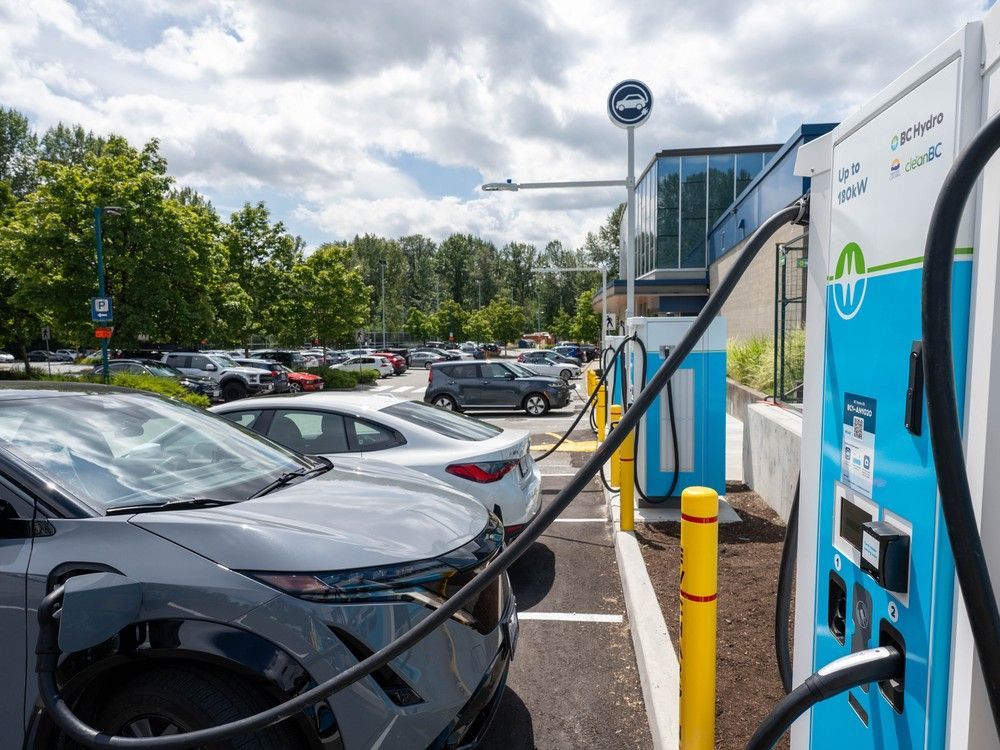The recent derailment of the Grain Belt Express, a significant high-voltage transmission project, underscores a critical juncture for clean energy in the Midwest. Spearheaded by Missouri Senator Josh Hawley and supported by the Trump administration, the initiative aimed to transport 5,000 megawatts of wind power from Kansas through Missouri to Indiana. However, opposition has intensified, particularly regarding its use of eminent domain and claims of overstated economic benefits. The project, which was projected to save Missouri ratepayers nearly $18 billion, now faces uncertainty, with Hawley celebrating its cancellation as a victory for local interests, despite potential repercussions for energy costs in the state.
The implications of halting the Grain Belt Express extend beyond immediate political victories; they threaten to exacerbate financial burdens on Missouri residents already grappling with rising electricity costs. The One Big Beautiful Bill is anticipated to further inflate these expenses, with projections indicating an increase of $240 annually by 2030. Critics argue that the cancellation of clean energy initiatives like the Grain Belt Express not only undermines economic savings but also stalls progress toward a sustainable energy future. As the debate over energy policy continues, the politicization of clean energy raises concerns about the long-term viability of affordable and reliable energy sources, emphasizing the need for a balanced approach that prioritizes both economic and environmental considerations.







